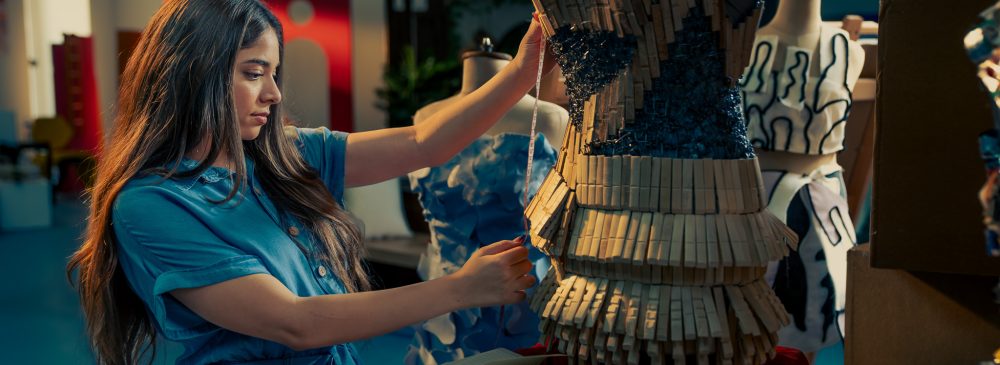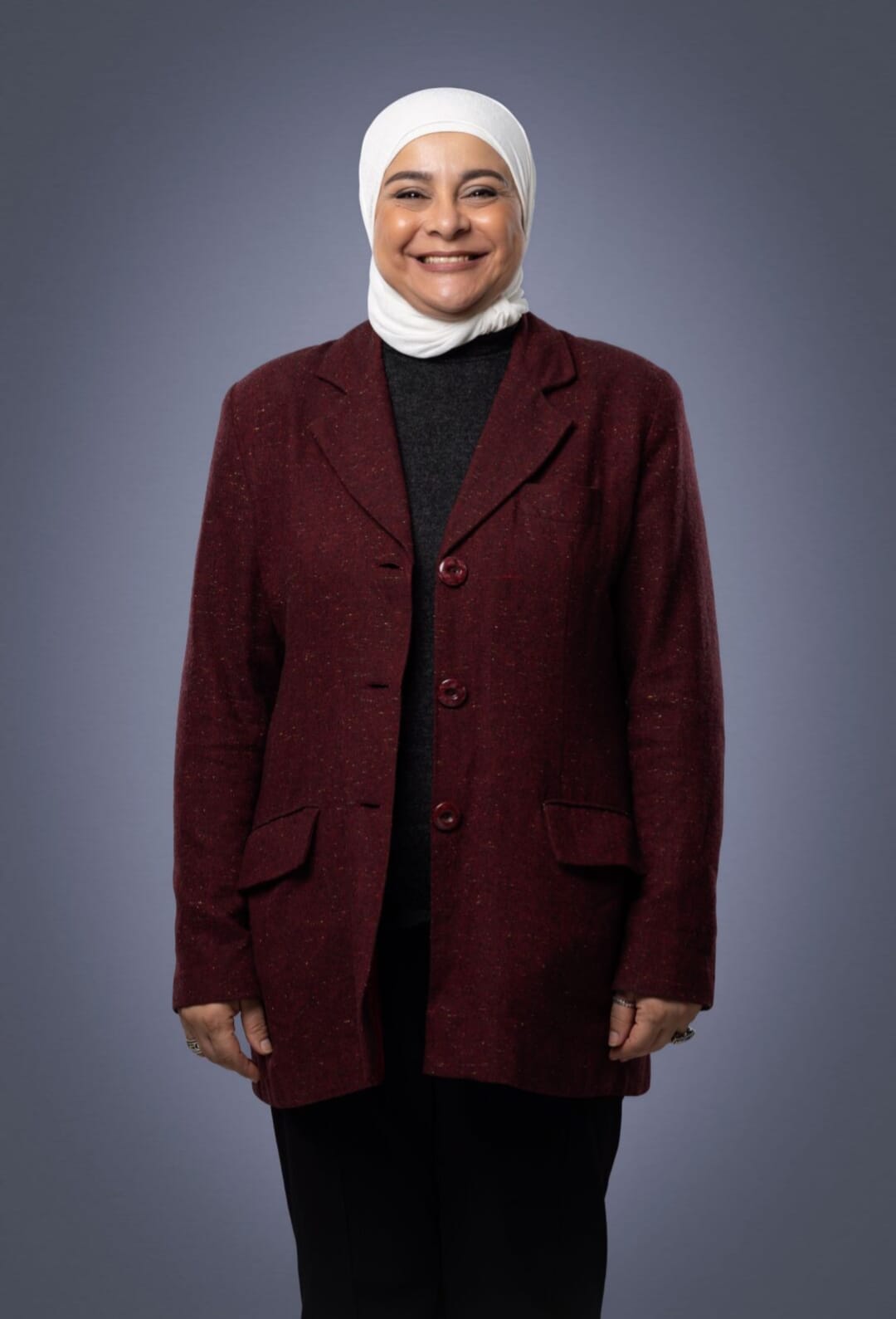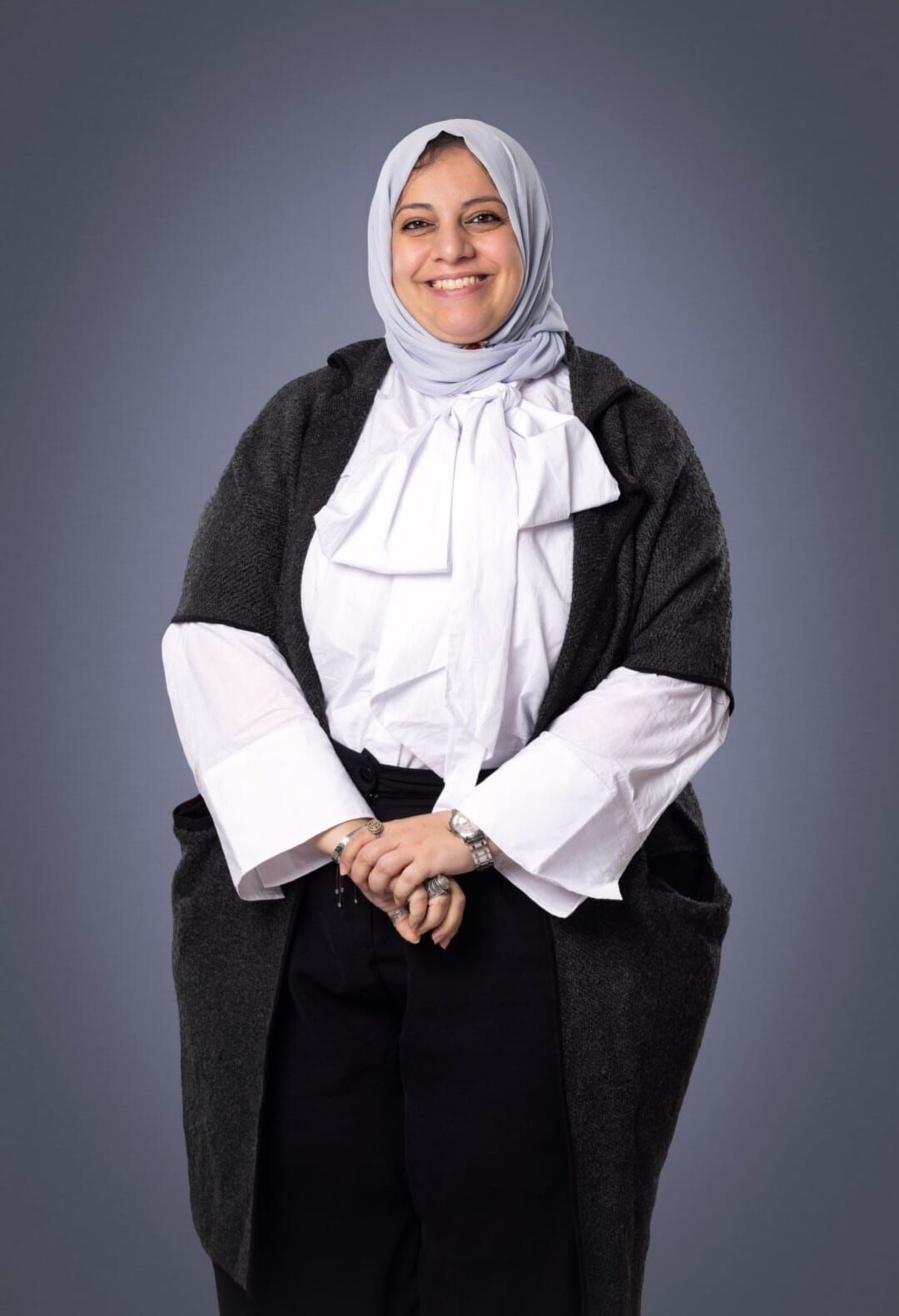Graduates of this program will possess the following learning outcomes:
Identify the fundamentals, methodologies and ethics of scientific research in addition to its tools in obtaining advanced research outcomes in the field of textile and fashion design.
Explain the environmental impact of the textile and fashion industries and their role in the development and sustainability of the environment.
Explain the principles and methods of quality according to the standard specifications of the textile and fashion industry.
Identify innovative textile and fashion products based on materials and advanced techniques.
Incorporate IT applications and integrated computer systems into the textile and fashion industry.
Prepare research studies in the fields of textile and fashion design and production.
Evaluate modern technology for smart materials to enhance the performance of textile and fashion products.
Determine the relationship between the functions and characteristics required for textile and fashion products, costs and their relationship to design.
Master the skills of textile design and production based on innovative and traditional production methods.
Evaluate textiles, fashion, product design; and test tools and methods aimed for scientific development.
Design Textile and fashion products to harmonize with the surrounding environment and to achieve an outstanding performance and excellence.
Play a variety of roles within the professional field of fashion, including design, creative and research practice, styling, visual merchandising, textiles design, marketing and public relations, and production.






